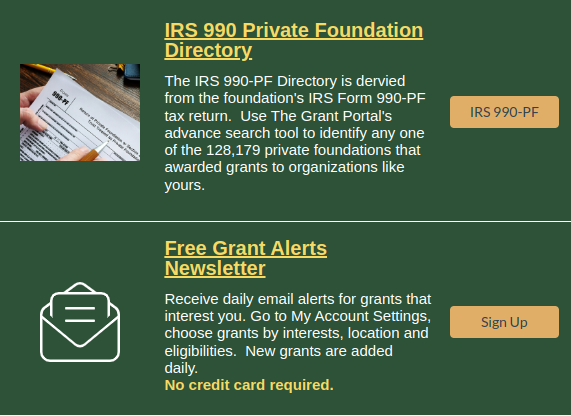Securing funding through grants is a vital aspect of sustaining and growing a non-profit organization. However, the process of obtaining grants is not solely about writing compelling proposals and meeting deadlines; it also involves cultivating strong relationships with grant providers. Building and maintaining these relationships can significantly impact your organization’s ability to secure and retain funding over time. By fostering effective partnerships, non-profit organizations can enhance their credibility, increase their chances of receiving grants, and develop long-term support networks. This blog explores key strategies for building meaningful relationships with grant providers, offering practical advice on how non-profits can create lasting, mutually beneficial partnerships.
Understanding the Role of Grant Providers
To build strong relationships with grant providers, it’s essential to understand their role and motivations. Knowing what grant providers are looking for helps tailor your approach and communication.
- Mission Alignment: Grant providers often have specific missions or causes they support. Ensure your organization’s mission aligns with theirs to create a compelling case for funding.
- Funding Priorities: Familiarize yourself with the provider’s funding priorities and guidelines. This knowledge will help you tailor your proposals to meet their criteria.
- Decision-Making Process: Understand how grant decisions are made. Knowing the timeline, criteria, and review process can help you navigate the application process more effectively.
Building Initial Contact
The first step in fostering a relationship with grant providers is establishing initial contact. This sets the stage for future interactions and helps build trust.
- Research and Identify Potential Providers: Conduct thorough research to identify grant providers that align with your organization’s goals and needs.
- Personalize Your Outreach: When reaching out, personalize your communication to demonstrate genuine interest and show that you’ve done your homework on the provider.
- Introduce Your Organization: Clearly articulate your organization’s mission, goals, and the impact you aim to achieve. This helps grant providers understand your work and its relevance to their funding priorities.
Effective Communication Strategies
Maintaining open and effective communication is crucial for nurturing long-term relationships with grant providers.
- Regular Updates: Keep grant providers informed about your organization’s progress and achievements. Regular updates demonstrate accountability and build trust.
- Transparency: Be transparent about how grant funds are being used. Providing detailed reports and updates fosters credibility and confidence.
- Open Dialogue: Encourage open dialogue with grant providers. Be responsive to their questions, feedback, and concerns, and show appreciation for their support.
Demonstrating Impact
Grant providers are often interested in understanding the impact of their contributions. Showcasing the outcomes of their support can strengthen your relationship.
- Impact Reporting: Provide detailed reports on how the grant funds for non profit organizations have been used and the outcomes achieved. Include quantitative data, success stories, and testimonials.
- Highlight Successes: Share success stories and significant milestones that demonstrate the effectiveness of the grant support.
- Acknowledge Contributions: Recognize and thank grant providers publicly when appropriate. This acknowledgment shows appreciation and reinforces the value of their support.
Cultivating Long-Term Partnerships
Building lasting relationships with grant providers involves ongoing efforts beyond the initial grant application. Focus on cultivating long-term partnerships for continued support.
- Engage with Providers: Invite grant providers to events, workshops, or site visits to engage them with your organization’s work and impact.
- Build Personal Connections: Develop personal connections with key contacts at grant organizations. Building rapport can enhance trust and collaboration.
- Seek Feedback: Regularly seek feedback from grant providers to improve your processes and address any concerns they may have. Demonstrating a willingness to improve fosters a positive relationship.
Using Networking Opportunities
Networking with other organizations and professionals in the grant-making field can open doors to new opportunities and strengthen your position.
- Attend Industry Events: Participate in conferences, workshops, and networking events related to grant-making and non-profit work. These events provide opportunities to meet grant providers and other stakeholders.
- Join Professional Associations: Become a member of professional associations or groups related to grant-making and non-profit management. These affiliations can offer valuable resources and connections.
- Collaborate with Peers: Collaborate with other non-profits or organizations on joint initiatives. These collaborations can lead to new grant opportunities and strengthen your network.
Grant Providers
Building strong relationships with grant providers is essential for non-profit organizations seeking to secure and retain funding. By understanding the role of grant providers, establishing initial contact, maintaining effective communication, demonstrating impact, and cultivating long-term partnerships, your organization can enhance its chances of receiving grants and developing lasting support networks.
Rely on these strategies to foster meaningful connections with grant providers and ensure the continued success and sustainability of your non-profit organization. Investing time and effort into building these relationships will pay off in the form of greater support, increased credibility, and a more impactful mission.

